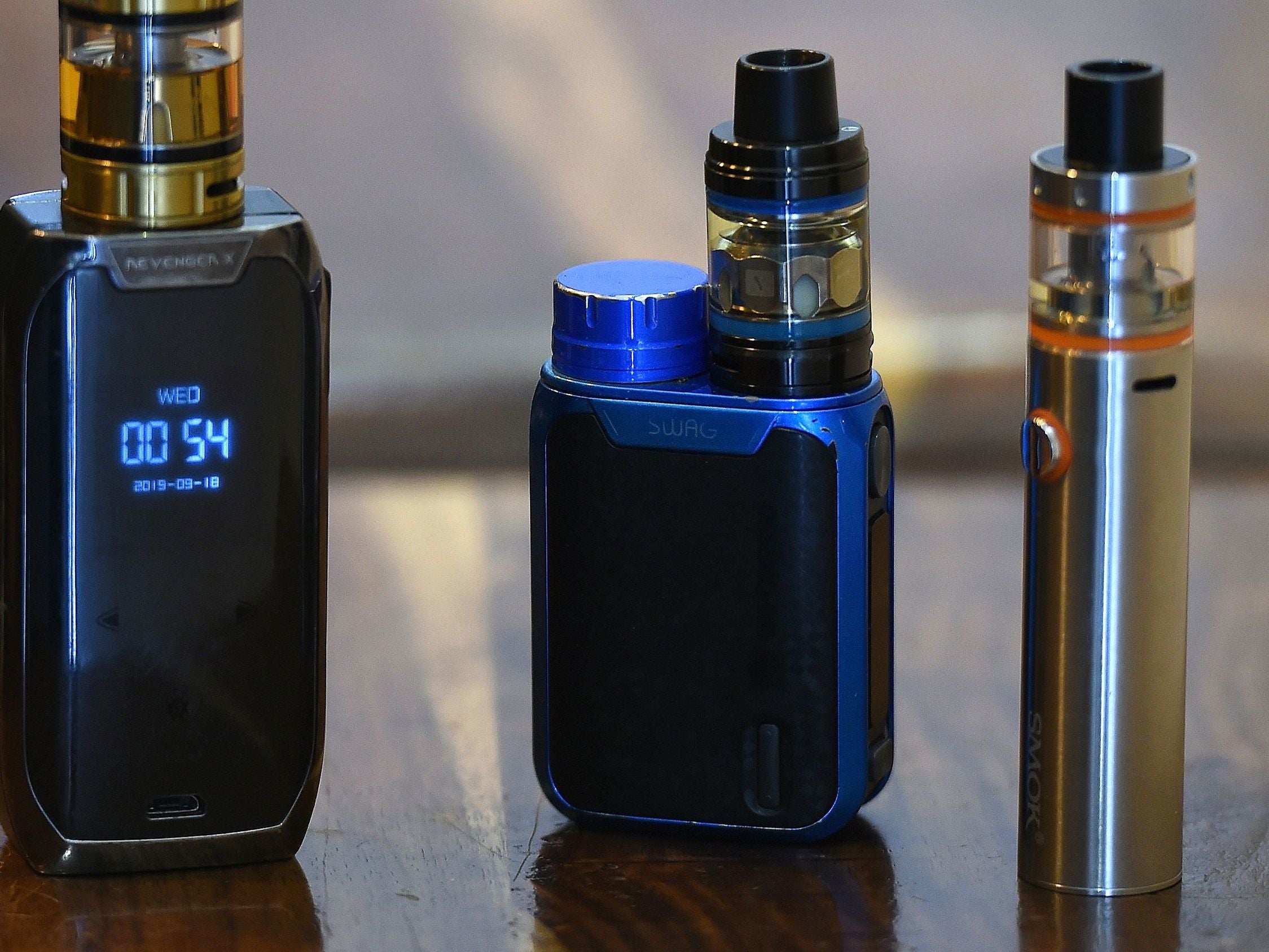1. Vaping Regulations in the United States:
In the United States, the regulation of vaping products falls under the purview of the Food and Drug Administration (FDA). The FDA has implemented stringent rules, such as premarket authorization requirements, ingredient disclosure, and age restrictions, to ensure product safety and protect consumers. Additionally, individual states may have their own specific regulations, including restrictions on sales, advertising, and vaping in public places. It is crucial for users and suppliers to stay updated on these evolving regulations to remain compliant and ensure consumer safety.2. Vaping Laws in the European Union:
The European Union (EU) has established a comprehensive regulatory framework known as the Tobacco Products Directive (TPD) that governs the manufacturing, sale, and distribution of vaping products. The TPD includes provisions for product quality, labeling, advertising restrictions, and maximum nicotine concentrations. Member states of the EU are required to transpose the TPD into national law, which may lead to slight variations in regulations across countries. Vapers and suppliers operating within the EU must adhere to these regulations to ensure compliance and consumer protection.3. Vaping Regulations in Canada:
In Canada, vaping regulations vary by province, but there are common themes across the country. The sale and distribution of vaping products containing nicotine are regulated by the Tobacco and Vaping Products Act (TVPA). The TVPA includes age restrictions, packaging and labeling requirements, advertising restrictions, and product safety standards. Some provinces have implemented additional regulations, such as restrictions on flavored e-liquids and bans on vaping in certain public places. Users and suppliers in Canada should be familiar with these regulations to stay within the legal framework.
4. Vaping Laws in Australia:
Australia has some of the strictest vaping regulations globally. The sale and possession of nicotine-containing e-liquids are prohibited without a prescription. Nicotine e-cigarettes and liquid nicotine are classified as dangerous poisons and are heavily regulated. However, in some states, the personal importation of nicotine for personal use is allowed with certain restrictions. It is important for individuals in Australia to understand the specific regulations in their state and consult with healthcare professionals for guidance.5. Vaping Regulations in Other Countries:
Vaping regulations vary significantly across other countries. Some countries, like Japan and the United Kingdom, have adopted a more progressive approach, recognizing vaping as a harm-reduction tool and implementing regulations that support its use. On the other hand, countries such as Brazil, India, and Singapore have implemented strict bans on vaping products, making their sale and use illegal. It is essential for users and suppliers to research and understand the regulations in each country to avoid legal issues and ensure compliance.Conclusion:
Understanding the laws and regulations related to vaping is crucial for both users and suppliers. The regulatory landscape varies widely from country to country, with different approaches ranging from strict control to more lenient frameworks. As a responsible vaper or industry professional, it is important to stay informed about the specific regulations in your jurisdiction to ensure compliance, promote consumer safety, and contribute to the responsible growth of the vaping industry.Remember, laws and regulations related to vaping are subject to change and evolve. It is advisable to regularly consult official government sources, industry associations, and legal professionals to stay updated on the latest developments. By adhering to the legal requirements

